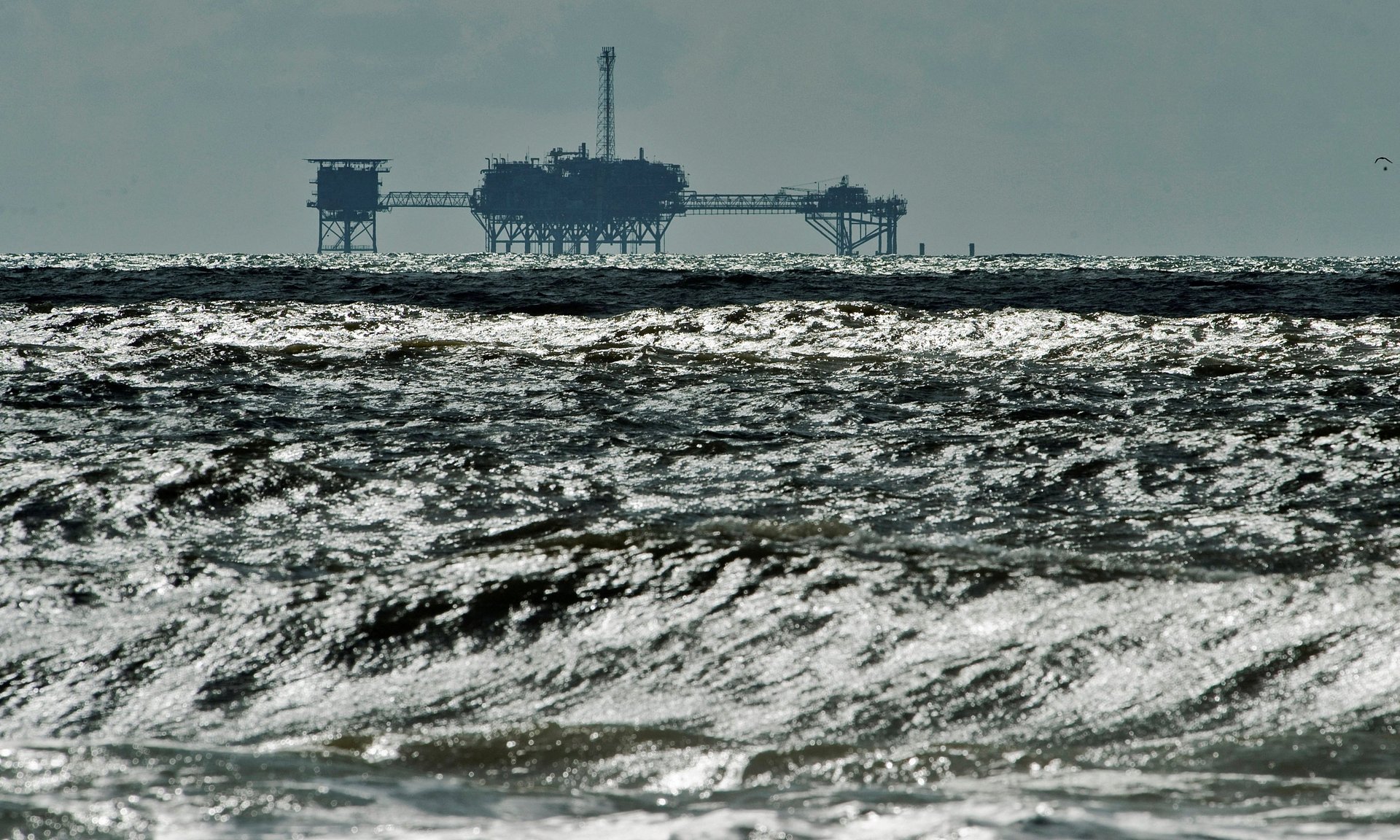Oil leasing activity is at its lowest point in two decades
Shareholder pressure and the Ukraine war are making oil companies lose interest in new drilling.

In May, officials in the Democratic Republic of the Congo stunned environmentalists worldwide when they announced that two dozen oil drilling leases would be put up for auction on the fringes of sensitive rainforests and peatlands. Those leases are still unclaimed, in part because US Secretary of State Anthony Blinken visited Kinshasa in August to urge the DRC to reconsider.
But even without that intervention, it’s not clear who the buyers are likely to be. Across the globe, oil and gas companies are reigning in their spending on new drilling leases, as they face pressure from shareholders to cut debt and carbon emissions, and focus on existing, lower-risk assets.
In 2022, planned and completed leasing activity is at its lowest point since 2000, according to a Sept. 7 analysis from the intelligence firm Rystad Energy. “It is clear that oil and gas companies are unwilling to take on the increased risk associated with new exploration or exploration in environmentally or politically sensitive areas,” Aatisha Mahajan, vice president at Rystad, said in a statement.
Oil companies have lost interest in drilling in Russia
The biggest drop was in Russia, as most international oil companies withdrew from operations there because of the war in Ukraine. Russia went from eight lease sales covering 90,000 square kilometers in 2021 to just three sales covering 9,000 square kilometers this year. The US and Australia also deeply slashed leasing. However, leasing quadrupled in Asia compared to the year before, especially in India and Pakistan, and also saw a boost in South America.
The overall decline is likely to continue as long as Russia remains a pariah for international investors and governments in the US, Europe, and elsewhere withdraw more land and ocean territory from drilling as part of their long-term climate ambitions. According to the International Energy Agency, the world can only meet the climate targets of the Paris Agreement if no new oil and gas fields are approved for development.
